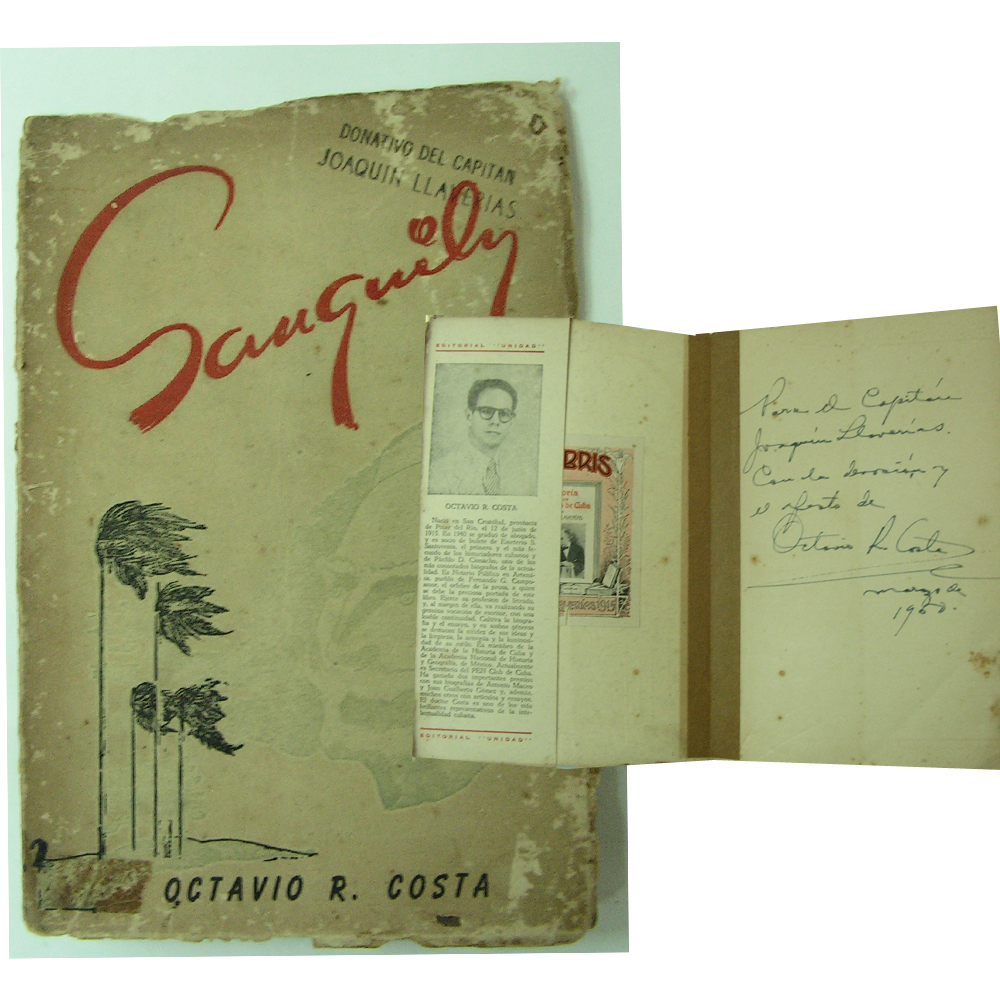3.7.4 The legacy of Manuel Sanguily (1848 – 1925) to Cuban literary criticism

Manuel Sanguily devoted himself to diverse studies within literary criticism itself, often in the context of controversies that reached a heated tone at the time and entailed personal conflicts. Texts of this type denote his personality as an exhaustive analyst, sometimes addressing topics that are not so interesting in essence but rather in the other adjacent ideas that he expresses in his texts, such as when he launches into a refutation of a veiled accusation of plagiarism made by Justo de Lara against Enrique Piñeyro.
He dedicated two studies to the poet Plácido, “A Cuban Improviser” and “An Asendered Opinion”, both from 1894, in which he unreservedly expressed his aesthetic criteria, which would give rise to some misinterpretations whose course did not fully end in the 20th century.
Although he adopted many positivist postulates regarding the ideal of objectivity and scientificity to which literary criticism should aspire, this did not obliterate the role of the critic’s personality and intuition as a facilitator of literary and artistic communication.
Regarding communication, he came to anticipate ideas about the diverse interpretations that a work of art, in this case a book, could evoke in a diverse universe of readers. Many of these concepts are expressed in the magazine “Literary Sheets,” which he directed and edited almost entirely between 1893 and 1894.
In addition to texts produced in Cuba, with whose authors he sometimes had personal intimacy through literary gatherings and even veiled political activities, Sanguily was interested in the surrounding literary universe, in texts by Leo Tolstoy, Emile Zola and other authors who did not achieve such transcendence but were geographically closer, such as the Mexican Andrés Clemente Vázquez, whose novel “Enriqueta Faber” motivated Sanguily’s writing, “Historia de una mujer escandalosa”.
Manuel Sanguily advocated a commendable intellectual sincerity, which led him to make unwelcome judgments about personalities and events, but his political position was always progressive, which was also evident in his appreciation of literature and the specific critical judgments he issued regarding the work of many authors.








